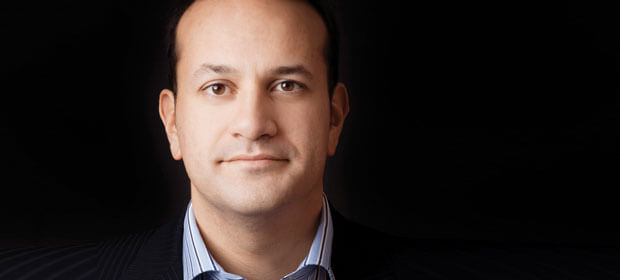Unrolling the intricacies of the health budget has never been an exercise for the faint hearted, but this year even the most senior Ministers involved could not agree if 2016 will be the best health budget ever or if it will still lag behind the pre-economic crash days, writes Maureen Browne.

In his budget speech, Minister for Public Expenditure Mr. Brendan Howlin told the Dáil that health spending was being increased by almost €900 million next year and would exceed €13 billion for the first time since the economic crash.
However, Health Minister, Dr. Leo Vradkar wasn’t so sanguine, saying his budget was still about €1 billion short of the pre crash peak.
The Department of Health rowed in saying the comparison was skewed by accounting changes (whatever that means) since the health vote was returned to it from the HSE this year.
Minister for Health Leo Varadkar described the remaining €280 million as the largest any department had achieved.
I seem to remember that before the economic crash, health spending on at least one year exceeded €14 billion but of course that was before the Department of Children and TUSLA were hived off from the Department of Health.
Mr. Howlin announced that the health services would get a €13.175 billion budget in 2016. This compared with initial budgets of €13.079 billion for 2015 and €12.774 billion for 2014.
But like everything in health, funding is highly complex, since overruns for the previous year has to be taken into account with supplementaries having to be factored into the base, the budget has to take account of increased demand because of demographic pressures and the full annual cost of measures introduced during the previous years.
So while there is general agreement that the Minister has an additional €880 million in extra funding for 2016, about €600 of this will be needed to bring spending up to 2015 levels, which leaves the Minister with an additional €280 million for 2016.
Expecting us to make savings and then giving us our budgets in February or March or April is really ridiculous.
The Minister described this as the largest any department had achieved. This might not sound so impressive when you remember that this €280 million will have to fund the increased demand for services in 2016, the full annual cost of measures introduced this year, the demand-led Fair Deal nursing home scheme, pay restitution and expected initiatives on speech and language therapy for children, mental health services, the ambulance service, the implementation of the forthcoming national maternity strategy and the extension of GP care to under 12s. This particular scheme which will benefit 200,000 young people is unlikely to be introduced until the end of next year, so may not prove too much of a drain on the 2016 budget.
Then, this year for the first time ever the Government has placed the Fair Deal nursing home scheme on a fully-funded, demand-led basis. This will continue in 2016, with Government funding of €940 million. Everyone who needs Fair Deal funding has been promised approval within four weeks.
However, all is not lost because, as usual the 2016 budget has a hardy annual on which it plans to rely. It expects to gain from saving and efficiencies measures with a figure of €125 million pencilled in for savings on procurement, prescribing, and drug costs.
It must also be remembered that under new fiscal rules if there is an overrun in health next year it will have to be made up by savings made elsewhere or tax changes.
However, despite the early agreement on a 2016 health budget, voluntary organisation CEOs have little prospect of even getting any details of their individual allocations for several months.
Last year it was April before some CEOs got the details of their allocations. Some got what were termed “preliminary figures” in February, but were warned these might subsequently be reduced.
The tardiness in providing allocation details to voluntary CEOs makes it extremely difficult for them if they are required to make savings. “Expecting us to make savings and then giving us our budgets in February or March or April is really ridiculous,” said one CEO “How can you budget for 12 months when you don’t know what your allocation is. With three or four months of the year already gone, we are always on the back foot. We should have our allocations by January 1 of each year at the latest and indeed I don’t see why we shouldn’t get them earlier. We have a commitment under the Service Level Agreement to act prudently and wisely, but how can we do that if we don’t know what our budget is.”
A colleague pointed out that the HSE is looking at a deficit for the end of the year and the issue for voluntary CEOs is how to run and manage the system in those circumstances. “We will all be in cashflow difficulties and may run out of cash before the end of the year. Our overdrafts are based on our initial allocation which is less than what we need to function and we are burning these up in October. We seek for a cash acceleration but, if granted, means it will be a first charge on the following year, further deteriorating the 2016 situation.

